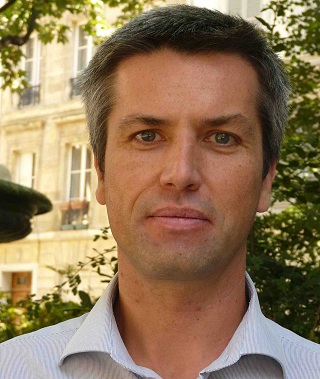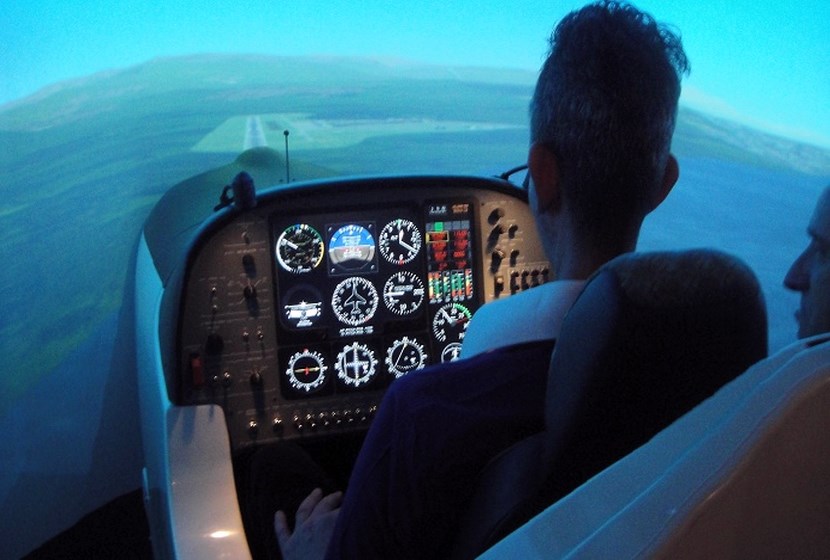Les entreprises qui échouent à l’étranger partent bien souvent sur un projet mal calibré, aux coûts mal estimés. Arnaud Leurent, directeur du développement international de GLOBAL APPROACH CONSULTING (GAC), cabinet conseil spécialiste des entreprises innovantes, revient sur les principales erreurs dans le financement d’un développement international.
Le financement réside au cœur du succès d’un bon développement international. L’entreprise qui estime mal les coûts impartis, ne jauge pas correctement le potentiel de CA de son nouveau marché ou ne sait pas présenter son projet pour obtenir des subventions prend tous les risques d’un échec.
Arnaud Leurent rappelle » Un développement international dans un pays coûte généralement au minimum 100 000 euros par an. Il faut prévoir ce financement en amont et se préparer à l’international en mode projet. Rien ne peut être laissé au hasard, il faut éviter l’opportunisme « . Retour sur ce qu’il faut absolument éviter :
1ère erreur : Se passer d’une étude de marché
Partir à l’assaut de l’international et ne pas se renseigner sur la profondeur du marché concerné, sur les habitudes du pays, sur la présence et les parts de marché de concurrents sur place… c’est comme jouer au loto ! Les chances de réussite existent mais sont extrêmement minces.
Contrairement aux jeux de hasard, il est possible de maximiser ses chances de succès. Pour ce faire, un projet d’export ou de développement à l’international doit commencer par une étude de marché qui prouve que l’entreprise va gagner de l’argent là où elle part. Une donne essentielle pour décider des pays sur lesquels investir, quitte à abandonner des destinations dans l’air du temps.
Arnaud Leurent explique: » Par exemple, on ne part pas au Brésil parce que c’est le pays à la mode dont la fiscalité semble favorable. Il faut y aller avant tout parce que le marché présente un réel potentiel pour l’activité concernée. Nombre d’entreprises se lancent à l’assaut de ces pays « eldorado » qui s’il est vrai qu’ils ont du potentiel, sont surtout des pays extrêmement difficiles à conquérir « .
2ème erreur : Se passer d’un business plan
Eh oui ! monter un business plan nécessite de mobiliser des ressources clés : marketing, finance, commerce pas toujours très disponibles. Or, plus un projet de développement international est préparé en amont et cadré, sur ses différents aspects, plus les principaux acteurs internes s’approprient le projet, le détaillent et maximisent ainsi les chances de succès pour le groupe.
Un business plan incluant un plan d’action à trois ans s’impose. Il prouve que l’entreprise a prévu ses coûts et a réuni de quoi tenir sur les premières années.
» Il faut prévoir les coûts associés à l’adaptation des produits et services, au temps imparti au projet, aux déplacements, à la production des outils de communication, aux avocats sur place : le budget monte vite » poursuit Arnaud Leurent. » Si un pays s’avère trop cher, il peut être judicieux de partir dans un pays voisin. Par exemple, le Chili est une bonne alternative au Brésil pour une présence en Amérique latine « .
3ème erreur : Ne pas demander de subventions
Suite logique d’une mauvaise étude de marché et d’un budget mal calibré : les entreprises risquent de ne pas demander ou pas assez de subventions. » Beaucoup d’entreprises n’ont pas conscience de tout ce que coûte un développement international ; un bon business plan leur donne une visibilité. Il rend de plus leur projet crédible lors de la demande d’aides et subventions, que ce soit en France ou dans le pays cible » rappelle Arnaud Leurent.
Il faut savoir que la France est un des pays au monde qui propose le plus d’aides publiques à l’export et au développement international. C’est un avantage concurrentiel fort à ne pas négliger.
Mais l’entreprise doit être en mesure de démontrer qu’elle a pris en compte tous ses coûts et bien validé par une étude de marché qu’elle générera un chiffre d’affaires et une réelle marge sur place. Une équation indispensable pour partir sur le bon financement. Celui-ci garantit tant la pérennité de l’entreprise sur son nouveau marché que son développement global.
Arnaud Leurent souligne : » Par le développement international, les TPE deviennent PME, les PME des ETI et les entreprises plus grandes peuvent ouvrir des filiales « . Prendre le temps de bien préparer son financement à l’international paye donc largement en retour.
A propos de Global Approach Consulting
Marque internationale de Grande Armée Conseil dédiée aux entreprises innovantes, Global Approach Consulting (GAC) accompagne les entreprises innovantes pour obtenir le meilleur des financements publics et mettre en place des solutions pérennes en matière de :
– fiscalité de la recherche dont Crédit d’Impôt Recherche
– aides et subventions de public à l’innovation
– aides à l’export et au développement international
Avec plus de dix ans d’expérience, l’équipe de GAC est composée de 280 scientifiques, spécialistes fiscaux et financiers au service de +2 500 clients en France (Paris, Lyon, Toulouse, Lille) plus largement en Europe, Amérique Latine, Canada et Asie-Pacifique. www.global-approach-consulting.com
{jacomment on}










